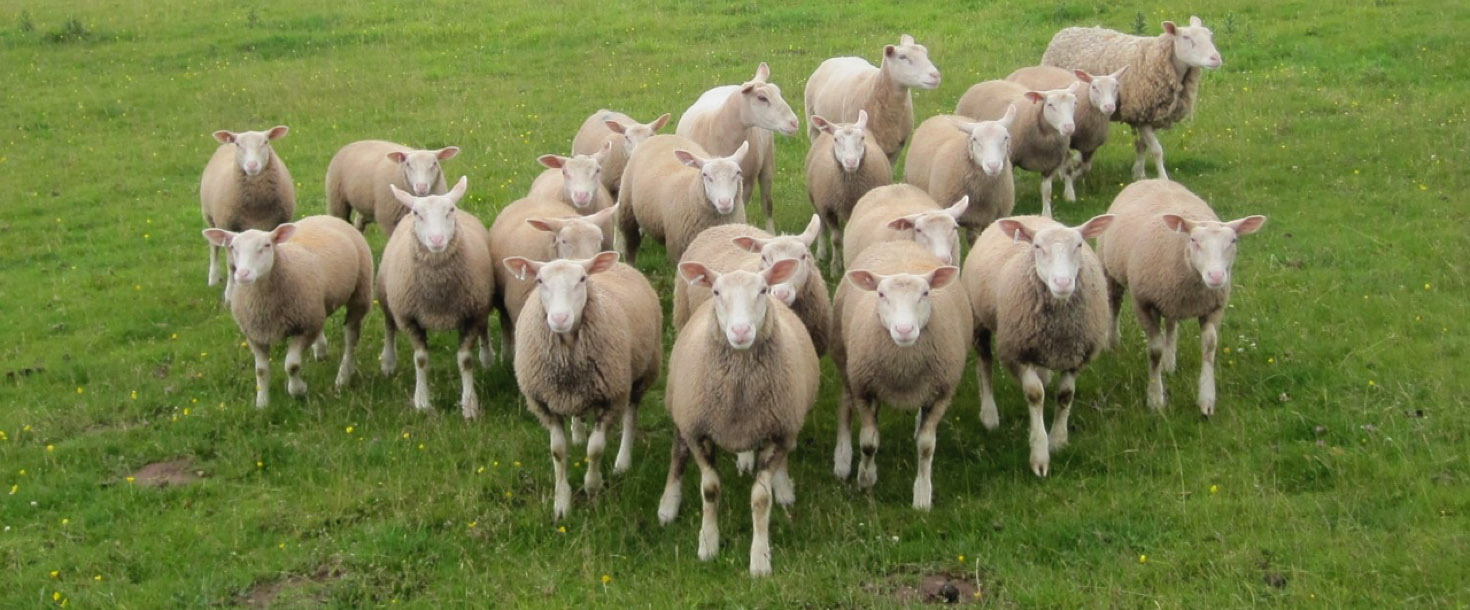 I recently listened with great interest to an online recording of the 2019 Malkin Lecture delivered last month at the Rare Books School in Virginia by Heather O’Donnell and Rebecca Romney. Its provocative title was: “The Right and Wrong Ways to Collect.” If you missed the live performance and haven’t yet caught the recorded version then I would strongly encourage you to click this link – bit.ly/2xNOE9z – and listen to what they had to say.
I recently listened with great interest to an online recording of the 2019 Malkin Lecture delivered last month at the Rare Books School in Virginia by Heather O’Donnell and Rebecca Romney. Its provocative title was: “The Right and Wrong Ways to Collect.” If you missed the live performance and haven’t yet caught the recorded version then I would strongly encourage you to click this link – bit.ly/2xNOE9z – and listen to what they had to say.
Their title captured my attention because it connected directly with the topic of another lecture I had, myself, presented at the University of London’s Senate House some five years earlier. For my lecture the title was: “Taste and Technique in Book Collecting – An Update for the Digital Age”. In my case, however, there were no recording devices present. I had instead intended to rework my original oral presentation into something more readable and then post it on our website where I knew that, if nothing else, our friend the Googlebot could be counted on to find and read it.
Of course, as often happens, action did not readily follow intention and the notes from my talk soon found their way, instead, into an archive folder on my laptop where they were eventually saved and forgotten. They would likely have stayed there, too, if listening to Heather and Rebecca had not brought them back to mind. I was thus nudged to update my own thoughts on the subject and put them into a form more suitable for appearing online. You can now find that here:
https://blog.vialibri.net/taste-and-technique-in-book-collecting-updated-for-the-digital-age/
Both lectures focused, in particular, on the ways in which the established “rules”and practices of book collecting have been altered, if not made completely irrelevant, by the internet and related technologies. Traditional collectors, and the booksellers who serve them, regularly bemoan the resulting loss of “standards” and complain of a general decline in book collecting as the inevitable result. I was happy to hear that Rebecca and Heather have seen a very different and more encouraging horizon. Theirs has been informed, in particular, by the numerous young collectors who have submitted entries to their annual Honey & Wax Book Collecting Prize. They give us a glimpse of a very positive future and I was pleased to hear about them.
Many of these young collectors have no interest in following in the footsteps of their predecessors. Nor should they. Some of their interests may seem incomprehensible to the collectors of my generation; they may have confessed to the prize judges that “I know I’m doing it wrong,” but what we learn from them is that, in fact, there is no such thing as “doing it wrong.”
My own lecture concluded with a similar message. It leaned heavily on the prescriptions of John Carter, the English bookseller who did more than anyone else of the previous century to explain and defend the “rules” of book collecting that guided my own generation of bibliophiles. Those are among the rules that are now being being tossed aside, or simply ignored, by a new generation – one that is mistakenly accused of having no interest in books. I personally find it fascinating to examine the origins and evolution of those rules, but it is even more exciting to think about the huge opportunities that are now opening up to this new wave of collectors who feel no need or interest in being told how or what to collect.
So if you are among the many who are skeptical and pessimistic about the future of book collecting I would like to direct you to the two links above. I hope they will cheer you up.
 I recently listened with great interest to an online recording of the 2019 Malkin Lecture delivered last month at the Rare Books School in Virginia by Heather O’Donnell and Rebecca Romney. Its provocative title was: “The Right and Wrong Ways to Collect.” If you missed the live performance and haven’t yet caught the recorded version then I would strongly encourage you to click this link –
I recently listened with great interest to an online recording of the 2019 Malkin Lecture delivered last month at the Rare Books School in Virginia by Heather O’Donnell and Rebecca Romney. Its provocative title was: “The Right and Wrong Ways to Collect.” If you missed the live performance and haven’t yet caught the recorded version then I would strongly encourage you to click this link –